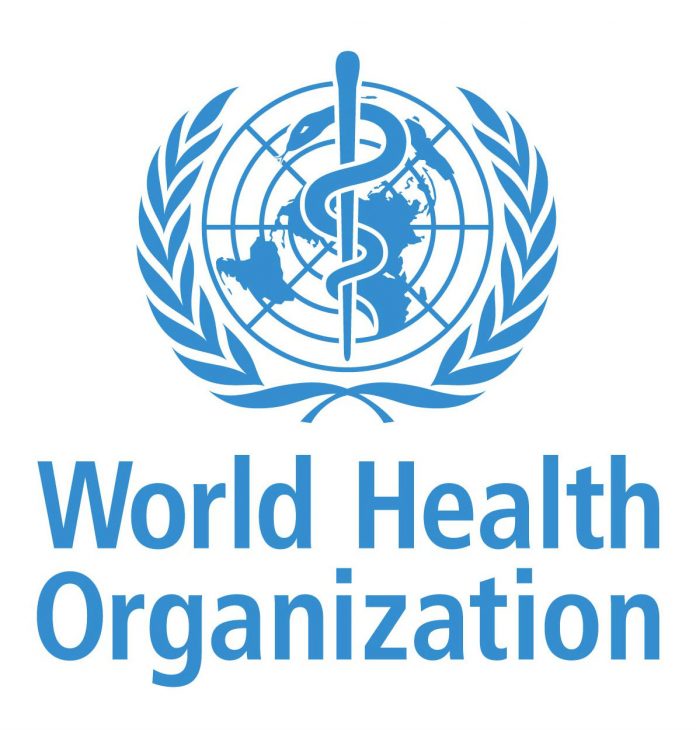The World Health Organization (WHO) wants to align its bioequivalence classifications with other global guidelines by reducing the number of in vivo studies required to prove bioequivalence with a reference product.
If adopted, the draft working document, Biopharmaceutics Classification System-Based Biowaivers, would align the agency’s policies with those adopted by the International Council for Harmonisation’s 2019 M9 Biopharmaceutical Classification System-Based Biowaivers guideline. Health Canada implemented the guideline in 2020, and the US Food and Drug Administration (FDA) adopted it in 2021.
In the WHO Biopharmaceutics Classification System (BCS) proposal, an active pharmaceutical ingredient (API) could be considered bioequivalent to the reference product if, in lab studies, it exhibits the same properties of aqueous solubility and intestinal permeability. If these can be proven in vitro, WHO could exempt the product sponsor from conducting in vivo bioequivalence studies, the agency wrote in its draft document…













